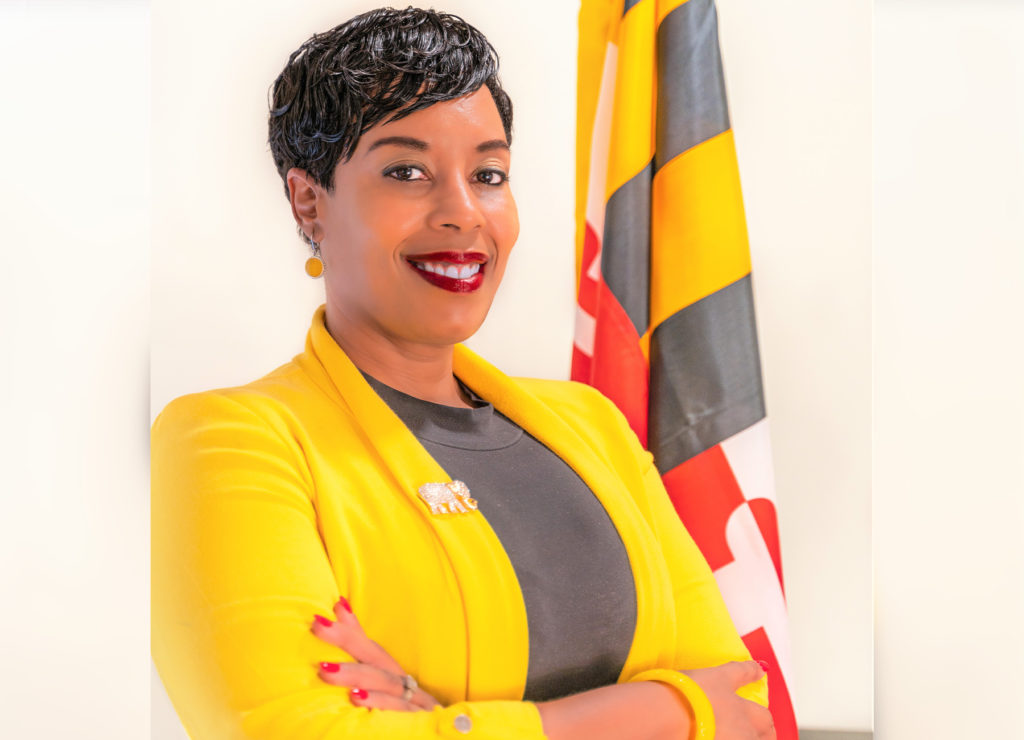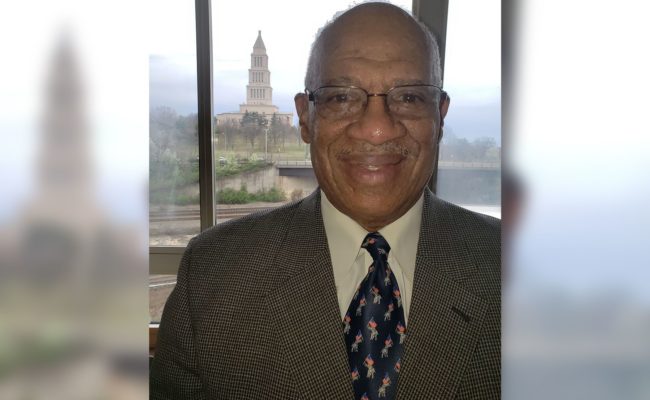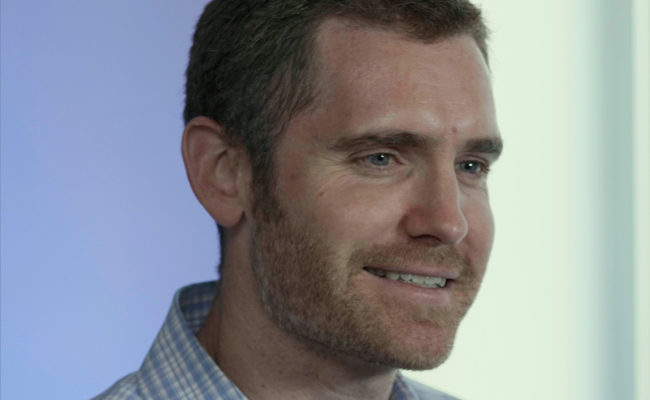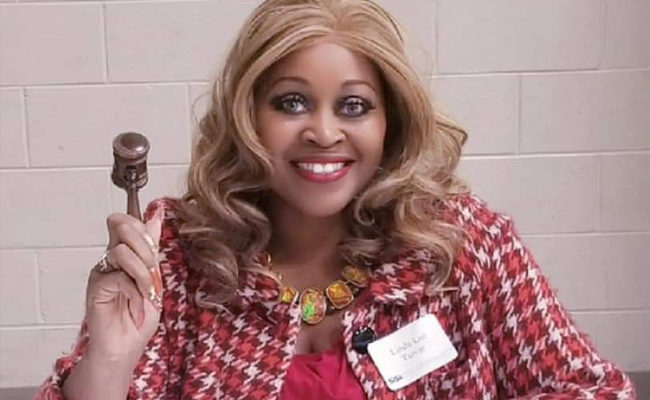LaToya Nkongolo
"We need to teach in a way that is uniting, empowering and inspiring.”

“I carry a book of my family history with me, so my children know our family’s history: from our ancestors who were enslaved to all of the businesses that we have built. The doctors, the landowners, the business owners – my kids know their history. I’m not very concerned about them, because we take history so seriously. I know it will not be diluted or changed, because this is a document that has been and will be passed down for generations.”
“But not being worried about my own kids isn’t good enough for me. I’m worried about other kids. My children have an advantage, because they are living this day to day regularly. I’ve always been civically engaged, so they’ve grown up going to community events – volunteering, serving food, delivering Christmas gifts. I want all kids to have that advantage and that opportunity.”
“When I was in 11th grade, I received an award for excellence in my American government class. So for me, this has always been a passion. I always wanted to know about our government, our structure and our policies. Kids who have that particular interest don’t get that education, though. We’re going to be dependent on our next generation moving forward, so it has to start now in these school years, these formative years. We need to give them that basic foundation.”
“Our schools can do a better job promoting any education that’s going to prepare our kids for the world and give them a better understanding of our history and what we stand for. They can do a better job teaching kids what America is and how America always seems to right its wrongs – because we need the next generation to be prepared to do the same.”
“For example, I want all children to see that black history is American history. America has its ugly past, but what has America done to right those wrongs – no matter our demographics or our cultural backgrounds? How can we now be united? We don’t have to focus so much on all of the subcultures that separate us. Start with the basics – we’re all one nationality. We need to teach in a way that is uniting, empowering and inspiring.”
“Kids are very visual. If we take them out to historic sites or civic events where they can experience rather than read about things, or watch them on TV, it makes it more real. Then you can expand from there. My goal is that history and civics education would be hands-on and taught in a way that will inspire the next generation to get involved – to want to be a part of positive changes moving forward.”
“We all need to be involved in making sure that our kids know our own family history, know the resilience of their families and their roots. Parents need to be running for office, getting involved in schools and making sure that we are holding our schools accountable to teaching our kids a comprehensive level of history that is going to lead them empowered and inspired. That’s how they will be ready to take on being the next generation of folks who are creating history.
“We tell kids that education is the ultimate equalizer, so we need to get kids back on track with a quality education. That has to include history that is comprehensive, not history that is defeatist.”
“I’m a therapist, I see people from all demographics, and I can tell you that I don’t see any privilege. I’m sure that there is some at some levels, but the median folks who are just here, working every day trying to raise a family – we’ve all got to work hard. Period.”
“I’m a hopeful, optimistic person. I think this can be turned around if more people who have compassion and really care, actually step up and run for office and get more involved with the school board. There are so many ways that we can get involved. I’m just meeting so many great people along the way – some with Level Up Civics – that I feel are going to be a part of making positive changes for all of us.”
LaToya Nkongolo
Glen Burnie, Maryland


